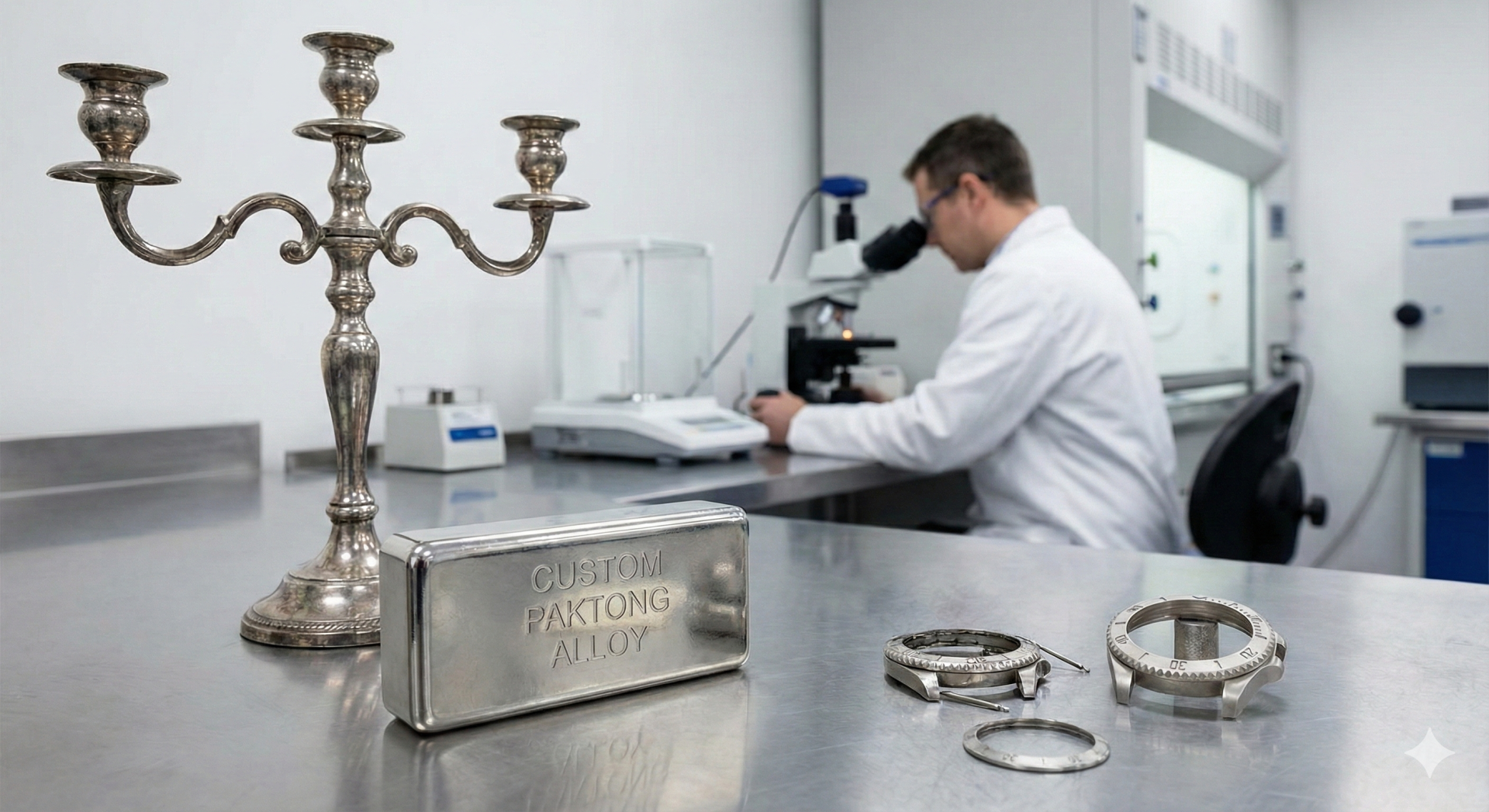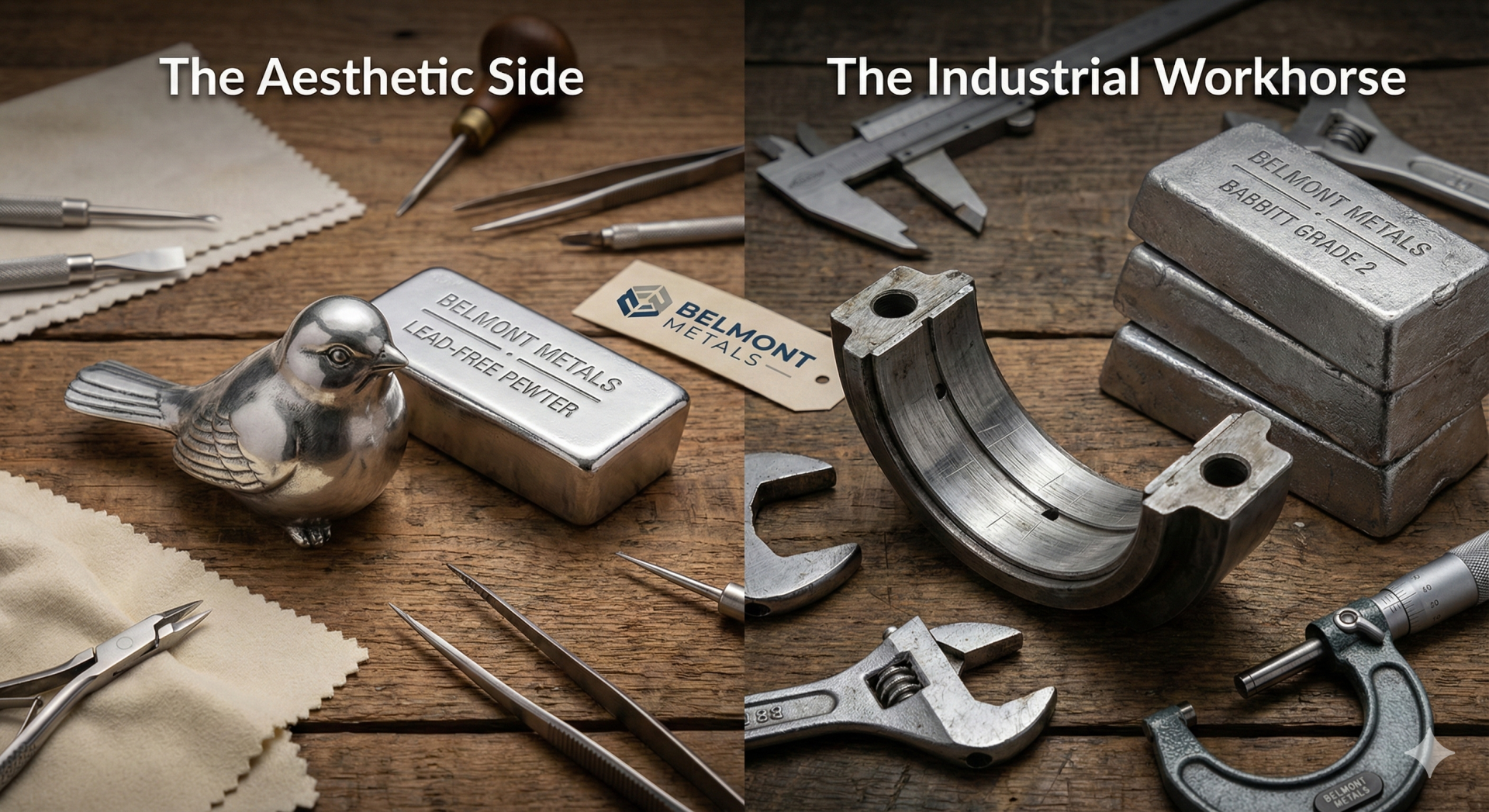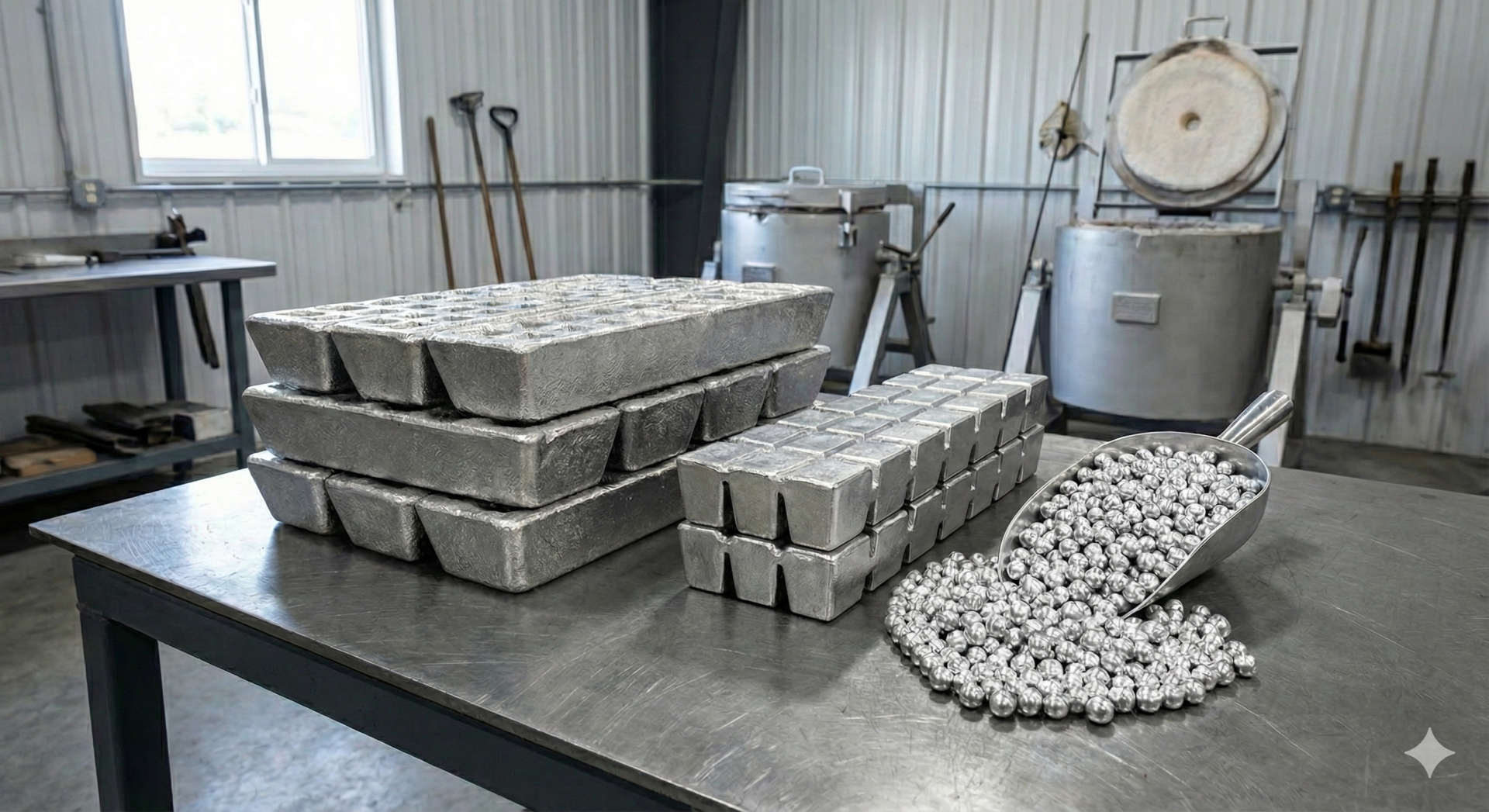
Beyond the Catalog: When Off-the-Shelf Won’t Cut It
As engineers and materials buyers, you know the feeling: You have a brilliant design, a prototype that should work on paper, but you hit a wall. The material specification you need just doesn’t exist in a standard catalog. At Belmont Metals, while we are proud of our inventory of over 3,000 standard compositions, we know…



